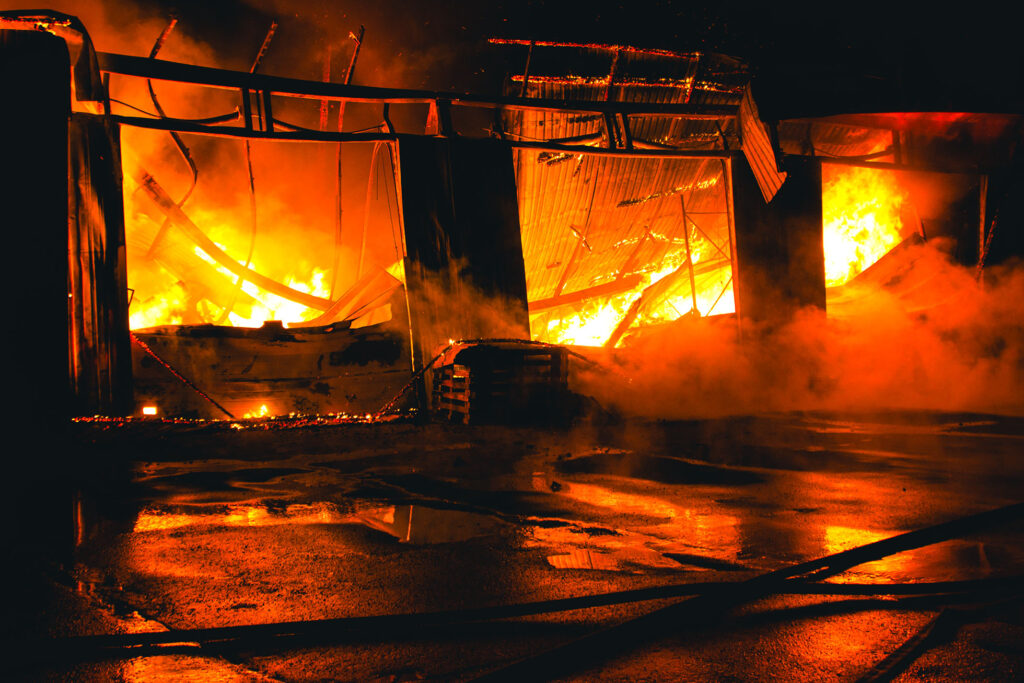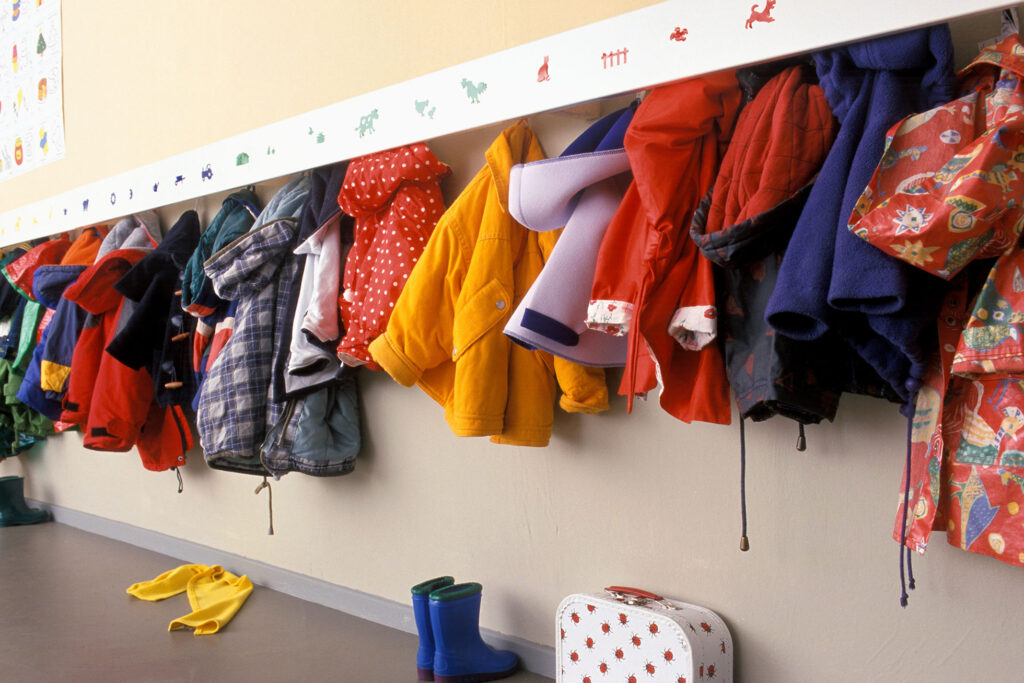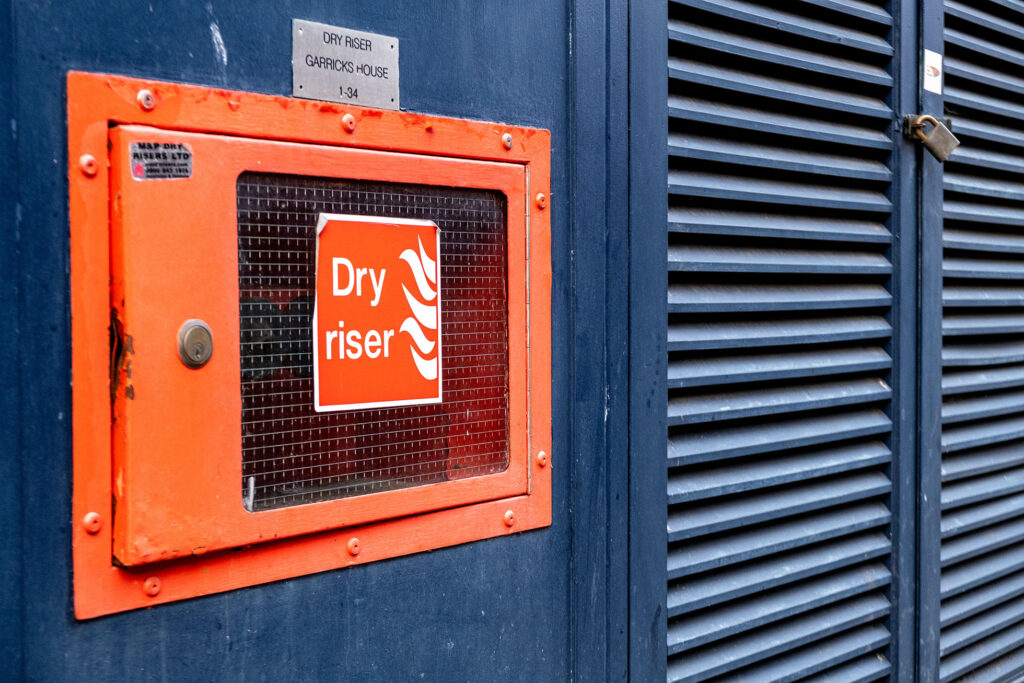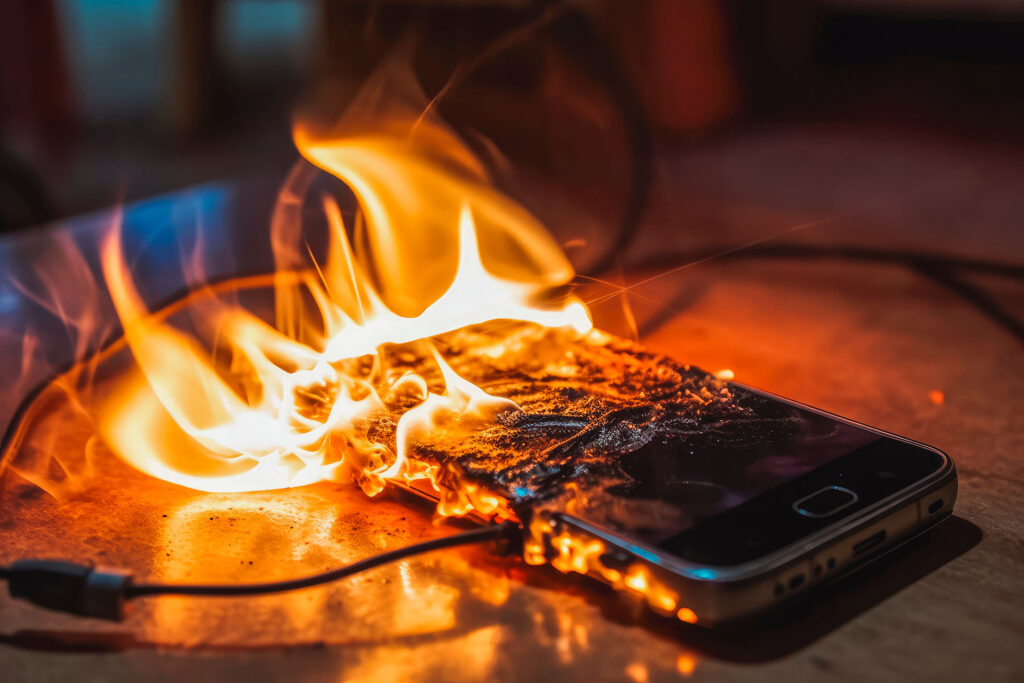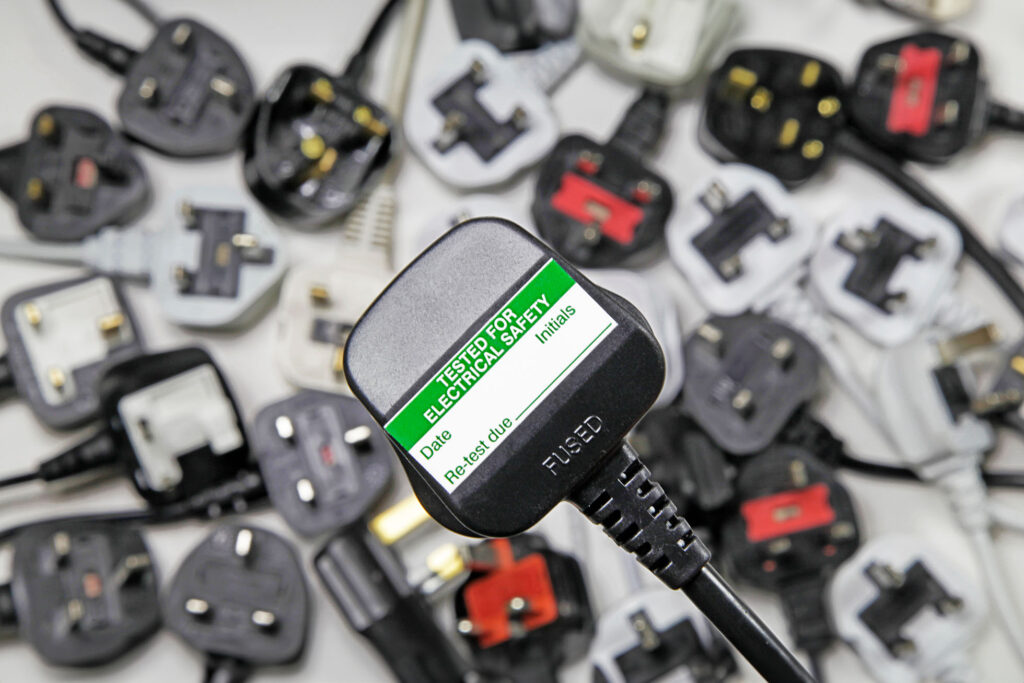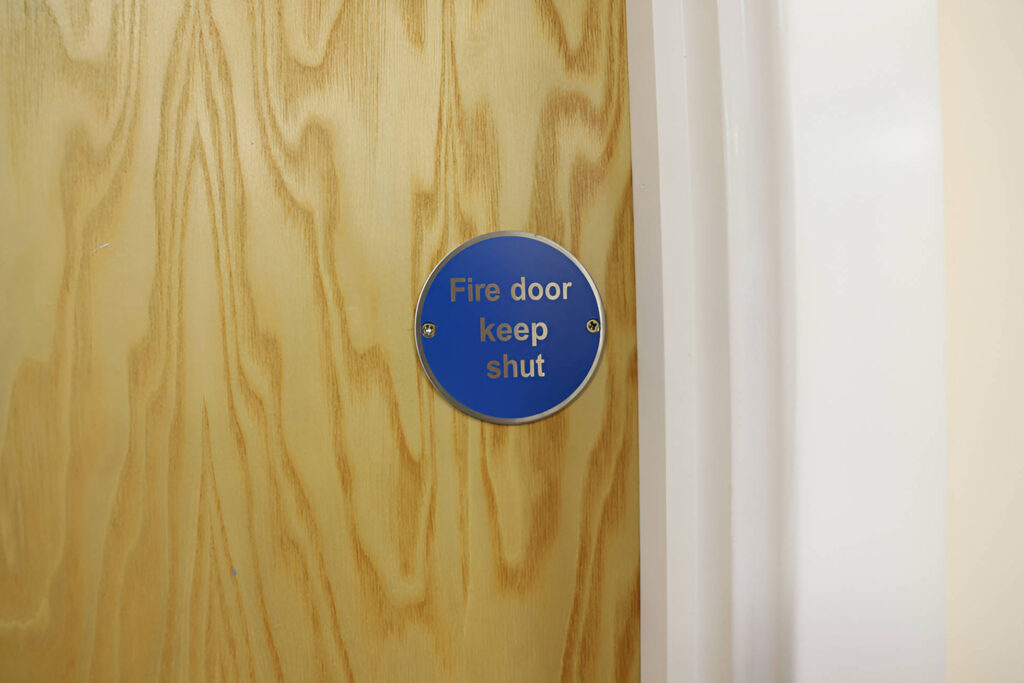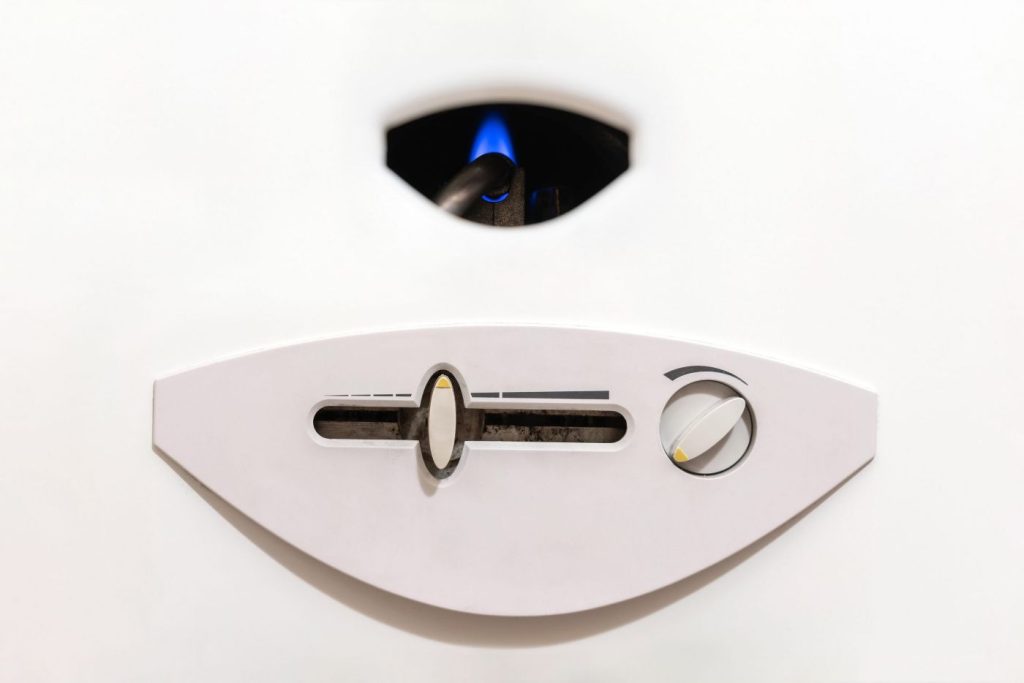Protecting Against Arson: A Guide to Preventing Fires in Domestic and Commercial Buildings
Arson poses a significant threat to both domestic and commercial buildings, with devastating consequences for property, lives, and communities. In the past year alone, there have been a concerning number of arson cases, emphasising the importance of taking proactive measures to prevent such incidents. In this blog post, we will explore the types of arson,…
Read MoreSafeguarding Education: Understanding and Mitigating Fire Risks in Schools
Educational institutions play a crucial role in shaping the future, but their safety is paramount for effective learning. One of the most significant threats to the safety of schools is the risk of fire. Fires in schools can not only lead to devastating consequences but also disrupt the education of countless students. In this blog,…
Read MoreThe Potential Risks of E-Bike and E-Scooter Batteries
In recent years, the popularity of electric bikes (e-bikes) and electric scooters (e-scooters) has surged, offering a convenient and eco-friendly alternative to traditional bicycles and scooters. As more people embrace this mode of transportation, concerns about the safety of e-bike and e-scooter batteries have also emerged. This blog aims to shed light on the potential…
Read MoreUnderstanding Dry Riser Testing: Ensuring Building Safety in Emergencies
In commercial and residential buildings, especially those with multiple floors, having an effective fire safety system is paramount. One crucial component of this system is the dry riser, a vertical pipe intended for firefighters to easily transport water to upper levels during a fire emergency. Regular dry riser testing is essential to ensure these systems…
Read MoreLithium-Ion Fires: Understanding the Risks and Safety Measures
In our increasingly digital world, lithium-ion batteries power a vast array of devices, from smartphones and laptops to electric vehicles and power tools. While these batteries offer many advantages, including high energy density and longer lifespans, they also come with a potential fire risk. In this blog post, we’ll explore what causes lithium-ion fires, which…
Read MoreThe Importance of PAT Testing: Keeping Electrical Safety in Check
With the vast amount of technology we use nowadays, electricity powers almost every aspect of our lives, from home appliances to office equipment. However, with such widespread reliance on electrical devices, it is important not to overlook the safety of them, which is why PAT testing is so vital. In this blog, we will delve…
Read MoreProtecting Lives and Property: The Importance of Fire Doors
Fires are unpredictable and devastating events that can occur anywhere, at any time. Whether at home, in a commercial building, or an industrial facility, the need for fire safety measures cannot be overstated. Among the crucial components in a comprehensive fire safety plan, fire doors stand out as a frontline defence against the spread of…
Read MoreFire Protection Guide for Historical Buildings
UK fire safety law states that property must be ‘equipped with appropriate fire detectors and alarms’ but the legislation takes a broad approach and fails to give specific recommendations for heritage buildings. Here are our recommendations for how fire can be prevented and detected in historical buildings. Fire Detection and Alarms Although call points must…
Read More5 Things You Need to Know If Your Building Has a Lightning Conductor
Lightning conductors are used to protect three things: The structure of the building The people in and around the building Electrical equipment in the building or connected to the power supplies With this in mind, here are five things you must know, to ensure your lightning conductor is safe. Maintain System to Prevent “Flash-Over” If…
Read MoreCarbon Monoxide – Would Your Building Detect The Silent Killer?
According to The London Fire Brigade, many people are unaware of the risks posed by carbon monoxide (CO). Only around 15% of people have a CO alarm, compared to 90% of people who have a smoke alarm. What is carbon monoxide? CO is a dangerous and ‘silent killer’ due to it being an odourless and colourless…
Read More
